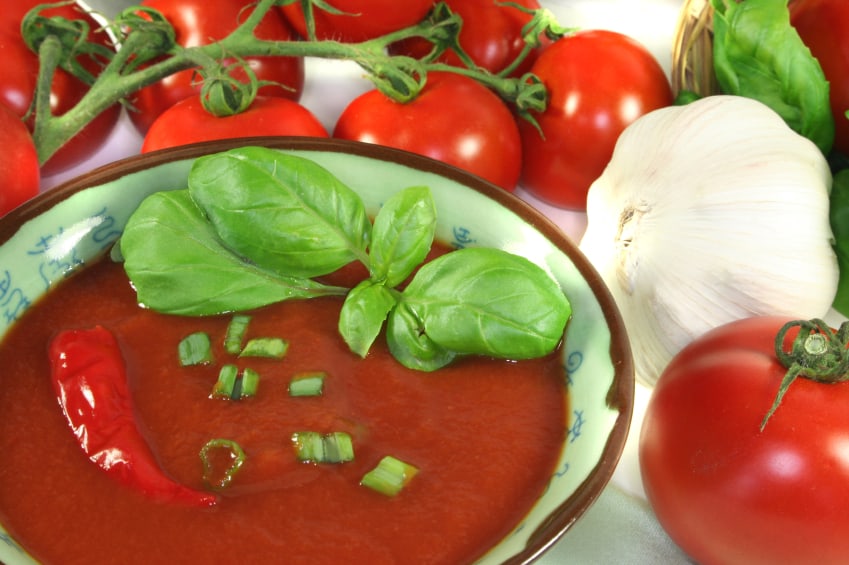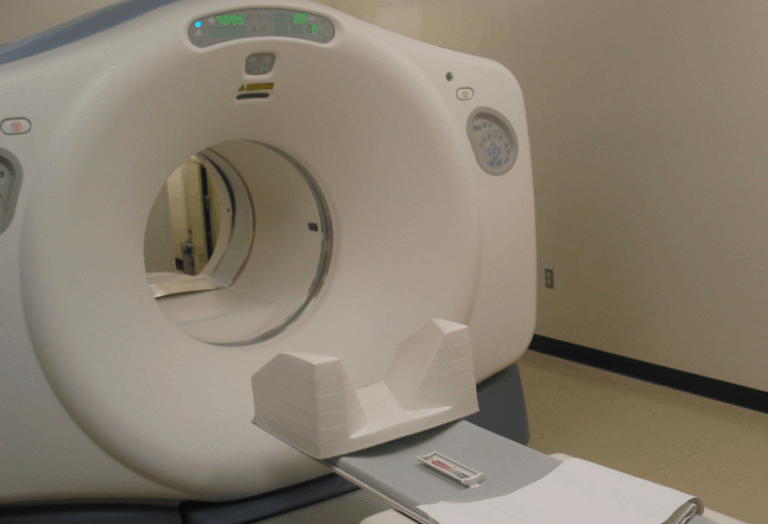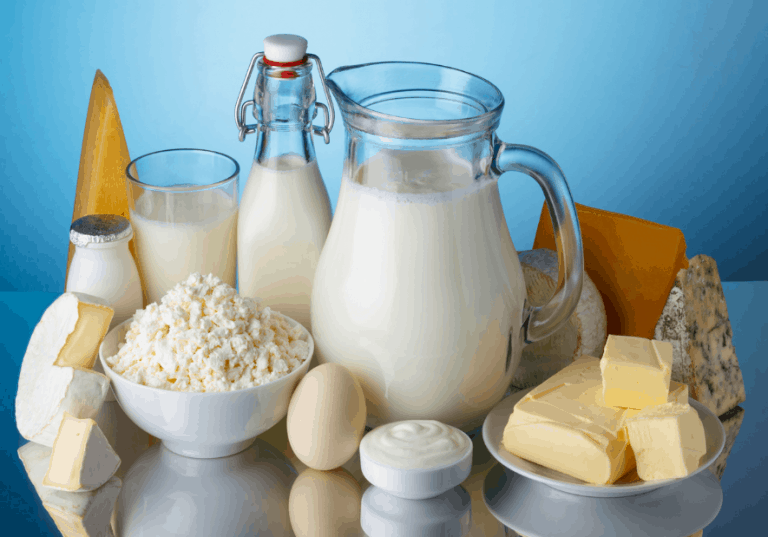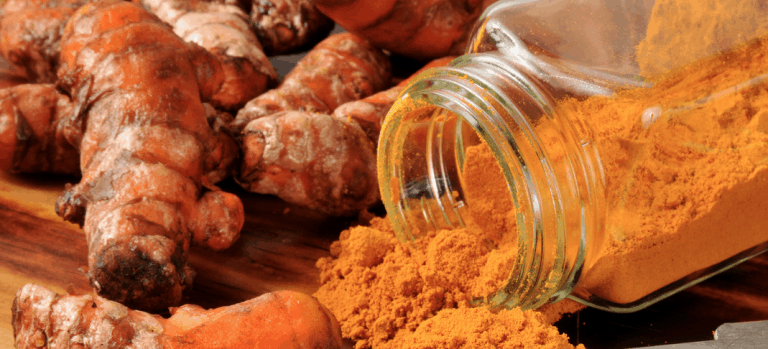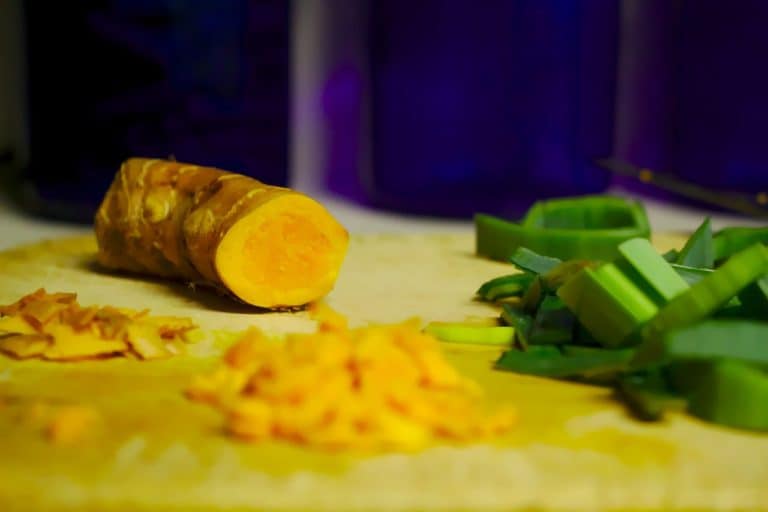Nearly 10 percent of men can expect to be diagnosed with cancer of the prostate during their lifetime. So when it comes to finding ways to avoid developing the disease, naturally there is a great deal of interest. Thus far, conventional medicine hasn’t been very successful in this regard, so some men are turning to a more natural approach, which has lead some experts and the general public to ask, can lycopene prevent prostate cancer?
What is lycopene?
Lycopene is a potent antioxidant, a member of the carotenoid family, and a pigment that gives some fruits and vegetables their red color. Tomatoes and processed tomato foods (e.g., tomato soup, sauce, juice, puree, ketchup) are perhaps the most recognized food sources of lycopene and also comprise about 80 percent of the lycopene intake in the average American diet. However, other food sources include red grapefruit, guava, red bell peppers, and watermelon.
Numerous studies have indicated that lycopene can help prevent or reduce the risk of certain cancers, including prostate, stomach, lung pancreas, esophagus, colon, breast, and cervix. Here we are interested in the relationship between lycopene and prostate cancer, and thus far the evidence has been mixed. Here are some of the more recent results of research regarding this topic.
Lycopene and prostate cancer
The idea that lycopene might help prevent or manage prostate cancer came up in 1995 when the Health Professionals Follow-Up study, which was the first to note that lycopene in tomatoes may fight cancer. Specifically, in this study lycopene seemed to lower prostate cancer risk.
In a subsequent animal study, the authors found that mice with human prostate cancer cells who received both lycopene and chemotherapy had smaller tumors and lived longer than their peers who received chemotherapy alone. In 2013, investigators discovered that men who consumed a lot of raw or cooked tomatoes had a slightly lower risk of prostate cancer.
The influence of lycopene on an enlarged prostate (benign prostatic hyperplasia), urination, and levels of PSA (prostate specific antigen) also were evaluated. PSA levels are considered to be a marker for prostate cancer risk, and these levels are often higher than normal in men who have prostate cancer.
In 2015, a team of experts reviewed 26 studies involving 17,517 cases of prostate cancer and 563,299 participants. The reviewers noted a trend toward higher lycopene consumption and lower risk of prostate cancer, although this was not true in every study. In addition, higher intake of lycopene was associated with a reduced risk of prostate cancer with a threshold between 9 and 21 mg per day.
Although the evidence thus far suggests that higher lycopene consumption is associated with a lower risk of developing prostate cancer, further studies are needed to identify why this relationship occurs and if there are other factors in tomatoes and tomato foods that contribute to this reduced risk of prostate cancer.
The most recent exploration of the link between lycopene and prostate cancer was published in March 2018 in the Archivos espanoles de urologia. A review of the literature from 1990 to 2015 was conducted and included research in humans. Twenty-seven studies were ultimately chosen for the systematic review, with 13,999 patients in the 22 case-control studies and 187,417 in the five cohort studies. The authors concluded that although they found “statistically significant inverse association between lycopene intake” and the risk of prostate cancer, this evidence came solely from observational studies. They recommended conducting “high-quality randomized clinical trials” to clarify the evidence at hand.
How to get more lycopene
Although you may think that lycopene supplements may be the best way to get this phytochemical, research does not bear this out. In fact, it appears lycopene supplements don’t work and in fact are associated with the risk of nausea, vomiting, stomach upset, and diarrhea. These side effects can be lessened or eliminated if the supplements are taken with food.
Why Lycopene Supplements Are A Waste of Money
However, overall the optimal choice seems to be to eat organic foods rich in lycopene. Other phytochemicals present in tomatoes (and other lycopene foods) may contribute toward the antioxidant’s health benefits, which would not be available in supplements.
What Are The Best Sources of Lycopene?
Another tip is to consume cooked tomatoes in a healthy oil, such as extra-virgin olive oil, because the body absorbs lycopene better than if you eat tomatoes raw and without oil. For example, an organic tomato sauce with olive oil and garlic served over pasta is a healthy option, as is a fresh tomato soup prepared with cilantro, olive oil, and garlic.
55 Tomato Recipes Packed With Lycopene
Read more in our Prostate Cancer Health Center.
References
Catano JG et al. Efficacy of lycopene intake in primary prevention of prostate cancer: a systematic review of the literature and meta-analysis. Archivos espanolesde urologia 2018 Mar; 71(2): 187-97
Chen P et al. Lycopene and risk of prostate cancer: a systematic review and meta-analysis. Medicine (Baltimore) 2015 Aug; 94(33): e1260
Chen J et al. Lycopene/tomato consumption and the risk of prostate cancer: a systematic review and meta-analysis of prospective studies. Journal of Nutritional Science and Vitaminology (Tokyo) 2013; 59(3): 213-23
Giovannucci E et al. Intake of carotenoids and retinol in relation to risk of prostate cancer. Journal of the National Cancer Institute 1995 Dec 6; 87(23): 1767-76

